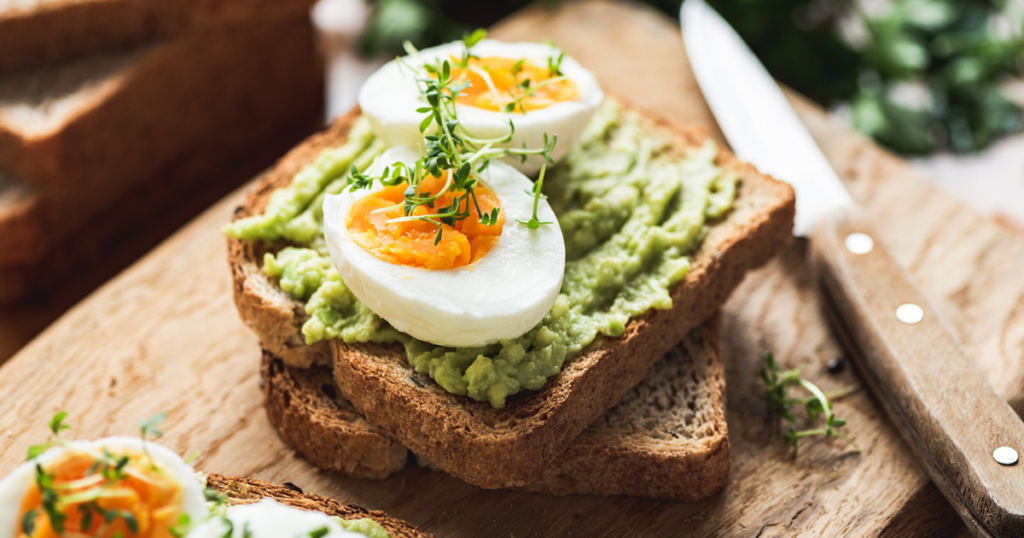In today’s race of health and wellness, diet plans hold great importance among us. There are many popular diet options we have. The two common diet options are “fad diets” and “low-calorie diets”. One common question is how is a fad diet different than a low-calorie diet. So, we aim to answer this for you in our comprehensive guide. Let us delve in!
What is a Fad Diet:

Fad diets are very popular among people. They promise you rapid weight loss in a short time period. They promise you to give an easy solution for your complex weight management issues.
Now, let us discuss the 3 main traits of fad diets.
- They make rapid weight loss promises to you. It says that it can shed your pounds quickly. These diets can trap the individuals who just want to lose weight loss quickly no matter what!
- These diets have a very restricted nature and only a short-term focus. fad diets often restrict you from an entire food group. Their focus is short-term to give you immediate results, so be careful.
- Another very important fact for you to know is that fad diets don’t have any scientific support and they also lack sustainability. They give you short-term joy but fail to address your health concerns.
Examples of Fad Diets:
Now let us discuss some examples of fad diets. So that you will become more aware.
- Keto Diet: Keto diet is a high-fat and low-carbohydrate diet. Its aim is to induce a metabolic state. So, that your body will burn fat for fuel. This is called ketosis.
- Paleo Diet: The Paleo diet is based on the presumed diet of Paleolithic humans. It emphasizes you consume whole foods such as meats, fish, fruits, and vegetables. It restricts you from processed foods and grains.
- Atkins Diet: Atkins diet is a low-carbohydrate diet. It restricts your carb intake. It also promotes you to take high protein and fat for weight loss.
What is a Low-Calorie Diet:

A low-calorie diet focuses on calorie restriction. By restricting your calories you can automatically lose weight. It also improves your metabolic health.
Now, let us tell you about the 3 main traits of low-calorie diets:
- It works on a calorie deficit principle. It can provide you with a long-term weight loss strategy. It also makes sure that your health will not be disturbed.
- Low-calorie diets emphasize nutrient-rich foods. They make sure that your body has a balance of macronutrients and micronutrients. So, that you will stay healthy and fit.
- The most important fact is that low-calorie diets are supported by scientific evidence and give you long-term sustainability. They take time to show results but never compromise on your health.
Examples of Low-Calorie Diets:
Now let us discuss some examples of low-calorie diets. So that you will become more aware.
- Mediterranean Diet: Mediterranean diet is a very well-known diet plan. It emphasizes you consume a large amount of fruits, vegetables, whole grains, legumes, nuts, and seeds. It also restricts your lean proteins (such as fish and poultry) intake to moderate. Another limitation is on red meat and processed foods.
- DASH Diet (Dietary Approaches to Stop Hypertension): It is also a low-calorie diet. Its main purpose is to prevent hypertension (high blood pressure). It says to consume high amounts of fruits, vegetables, whole grains, and low-fat dairy products. It restricts your saturated fats, refined sugars, and sodium.
- Volumetrics Diet: Volumetric diet works on the principle of consuming low-energy-density foods. So, that you have low calories per gram. It encourages you to eat high-volume and low-calorie foods, such as fruits, vegetables, soups, and broth-based dishes. They will promote satiety without excessive calorie intake. Its main focus is on portion control and careful eating habits.
How is a Fad Diet Different than a Low-calorie Diet: Key Differences
Let us answer your question of how is a fad diet different than a low-calorie diet.
| Fad Diets: | Low-Calorie Diets: |
|---|---|
| Fad diets rely on extreme measures. It only gives short-term solutions. So, they are not sustainable for your long-term goals. | Low-calorie diets allow you to make gradual and sustainable lifestyle changes. It gives you a long-term solution for your weight loss. |
| Fad diets lack essential nutrients. As a result, it causes deficiencies in your body over time. | You can continue your healthy eating style. You just need a little modification in your lifestyle. |
| You gain weight again once you discontinue the diet. It also disturbs your health. | It gives long-term weight loss results for you. It also maintains your health. |
FAQs:
Q1. What is the difference between a low-calorie diet and a fad diet?
The main difference between a low-calorie diet and a fad diet is that;
A low-calorie diet cares for your health. It gives long-term sustainable results.
While fad diets disturb your health. It gives short-term results that are not sustainable.
Q2. What is a fad diet?
Any diet that promises you rapid weight loss is a fad diet. It cuts your body’s essential nutrient supplies without any scientific proof.
Q3. How are fad diets different from lifestyle?
Fad diets are different from lifestyle because they involve drastic measures to gain short-term results. Whereas your lifestyle changes involve long-term, sustainable, and healthy measures.
Q4. What is a low-calorie diet?
A low-calorie diet means limiting your calorie intake for weight loss.
Q5. Is 800 calories a day low?
Yes, only taking 800 calories a day is considered very low.
Q6. Is a low-calorie diet enough to lose weight?
Yes, a low-calorie diet can help you a lot in your weight loss goals. You should maintain a balanced intake of nutrients. Do regular physical activities.
Conclusion:
It is important for you to always prioritize your health at any cost. So, be careful before opting for any weight loss measure. Always be aware of the side effects and results of any diet plan before blindly following it. Also, check if it is backed up by any scientific proof. Both the fad diets and low-calorie diets aim to help your weight loss goals but be wise in choosing based on above facts. Keep in mind to prioritize your health and well-being while choosing your diet and don’t go for short-term results.
Medical Disclaimer: We only provide information for educational purposes. Do not consider it a medical advice for you. In case of need, consult the healthcare professional for proper diagnosis and treatment.
Disclaimer: The content on Wellness Derive is for informational purposes only and not a substitute for professional medical advice, diagnosis, or treatment. Always consult a healthcare provider for medical concerns.



